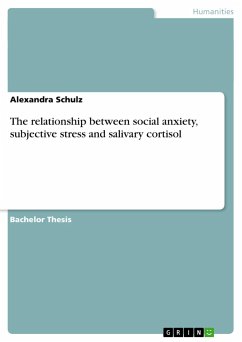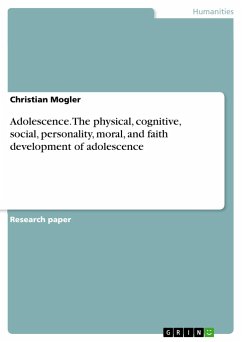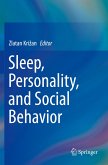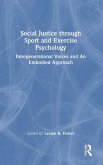The benefits of exercise are extensive; however, the majority of people do not participate in regular exercise. The problems with adherence may be due to personality factors and/or the of enjoyment of exercise. The purpose of this work was to examine the relationships between exercise enjoyment, activity, personality, mood, and salivary cortisol. Fifty-three students participated by filling out surveys, rendering saliva samples, and riding a bicycle for 30 minutes. Results indicated that exercise enjoyment was positively related to physical activity and that females exercised less often than males. The broad personality traits of Extroversion and Conscientiousness were positively related to enjoyment with Neuroticism only showing a negative trend. Some factors of mood improved with exercise while other factors of mood showed no relationship to exercise. For all participants, cortisol levels increased from baseline to after the bike ride and continued to increase 20 minutes later.Cortisol was not related to any broad personality traits. Overall, the study supports the connections between enjoyment, physical activity, personality, cortisol, and mood.
Bitte wählen Sie Ihr Anliegen aus.
Rechnungen
Retourenschein anfordern
Bestellstatus
Storno








